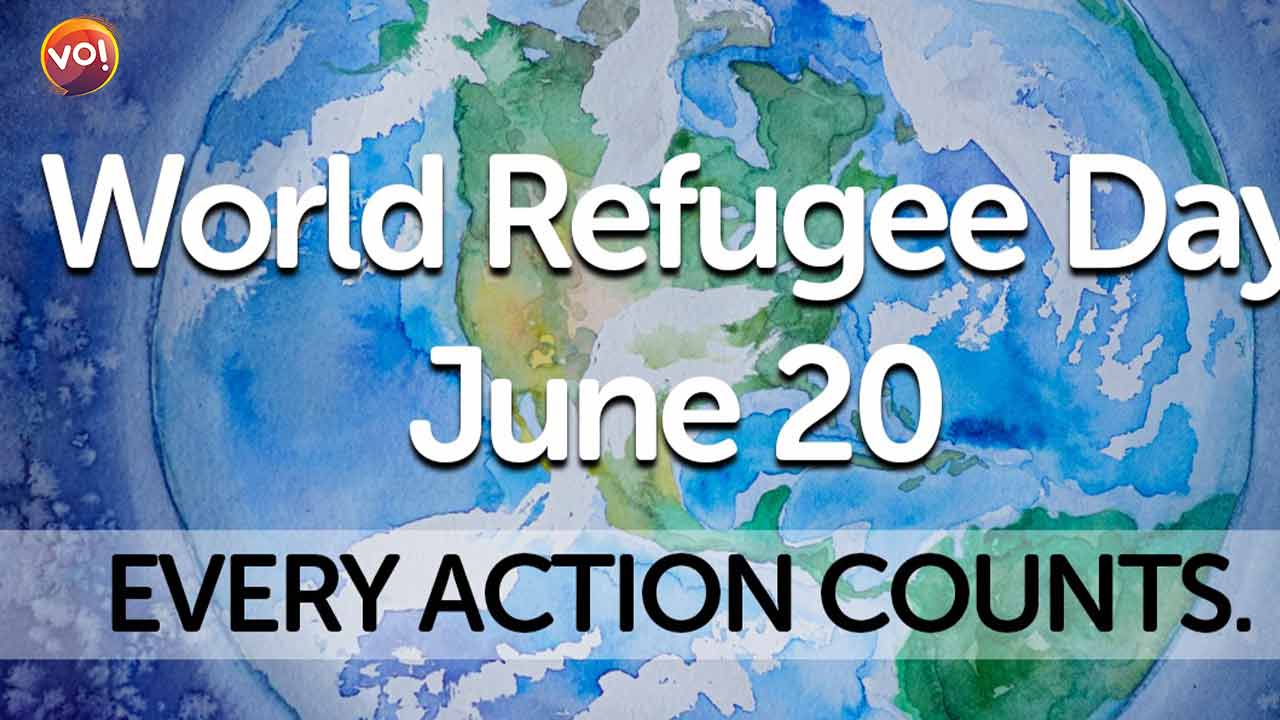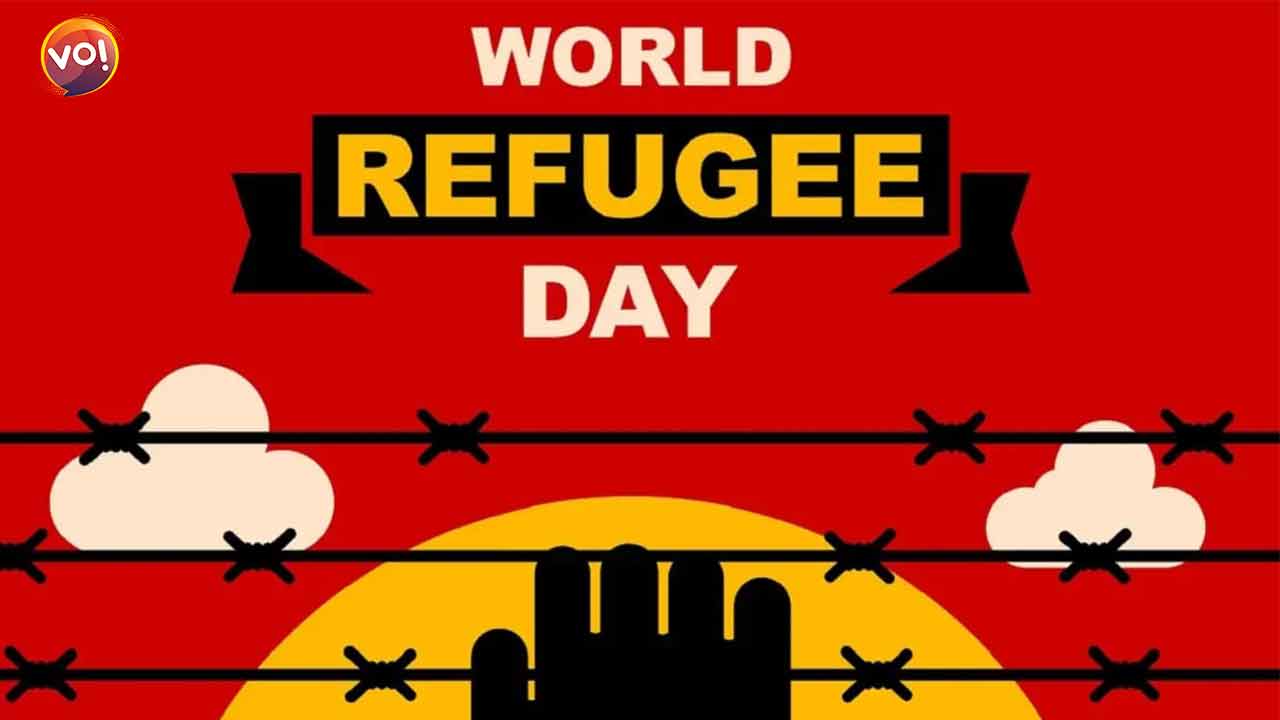Imagine having to desert the place you call home, tie your belongings in a little packet and run for life… Never to come back to the place you once knew as “home.” Then go through series of life-threatening passages before you finally make it to a refugee camp where each day only prolongs the trials of having to life a “makeshift life.”
This is what it feels like to be a refugee.
In 2000, United Nations declared June 20 as World Refugee Day to spread awareness about the issues that refugees face worldwide. While the theme in 2021 was “Together We Heal, Learn and Shine” (in the backdrop of the pandemic), the theme for this year’s World Refugee Day is “Right To Seek Safety.”
This year’s World Refugee Day assumes even more significance in the face of massive population displacement due to the biggest land war in Europe since World War II, and UK’s plan — currently on hold thanks to an intervention by the European Court of Human Rights — to send asylum-seekers to Rwanda. UNHCR most recently estimated that, for the first time in recorded history, the number of people forcibly displaced now stands at 84 million with over 26.6 million “refugees.” The number is expected to grow as geopolitical conflicts in Africa and Europe displace countless others.
Just when the world was grappling to come to terms with “normal normal,” the Russian invasion of Ukraine happened. More than 13 million are believed to have been displaced.
Afghanistan, the Indo-Aryan Rohingyas, the West Bank casualties…. a refugee is not only someone without a home or a secure family. A refugee is someone without any hope and without a tomorrow.


In official terms: A refugee is an individual who has been forced to leave his country of nationality or habitual residence and is unable or unwilling to return for fear of persecution based on race, religion, nationality, political opinion, or membership in a particular social group, as defined by the Article 1(A)(2) of the 1951 Refugee Convention. The 1951 Refugee Convention, or the 1951 Convention Relating to the Status of Refugees as it was officially known, was a landmark international treaty for providing security and rights to refugees in the wake of the end of World War II. The war had caused nearly 40-60 million people to be displaced.
In 2001, the United Nation decided to recognise June 20 as World Refugee Day as part of the 50-year commemoration of the passing of the 1951 convention. The date was chosen because the Organization of African Unity (OAU) was already celebrating African Refugee Day formally in several countries prior to 2000. The OAU and UN agreed to let the dates coincide.
Also Read: History’s Perennial Nomads: The Roma People












